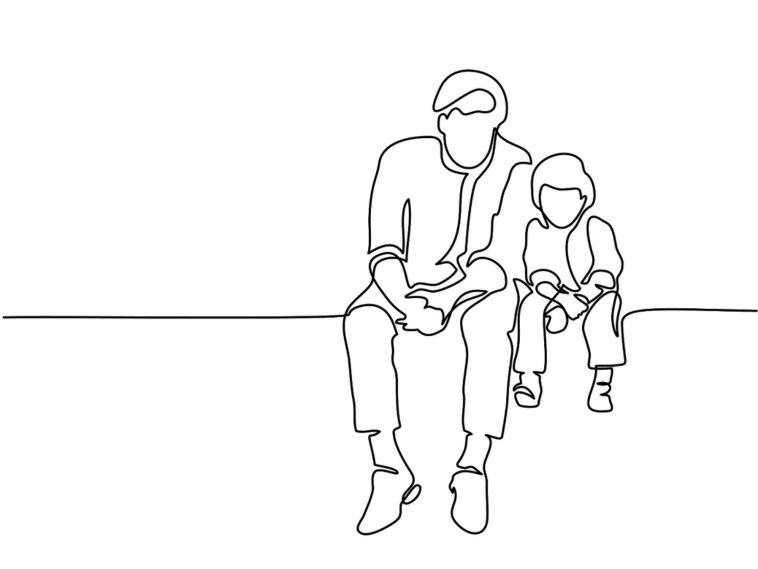It’s normal for parents to go the extra mile to make their children happy and healthy. But, how many vitiligo fighters with severe social anxiety can do that? No too many.
Raising children is challenging under any circumstances, but even greater obstacle for parents with vitiligo. Depending on the size of your patches, any task might be more challenging for you – playing with your kids in the park while other stare or getting pictures clicked with them every now and then.
Luckily, being confident and talking openly about vitiligo can make things easier for you and your children. Unite For Vitiligo shares some successful strategies.
Explain what vitiligo is
Educating your child about vitiligo can help him/her understand your social awkwardness. Explain the changes you are experiencing with the progression. It’s important for them to understand that you may look different in the future. Talk about problems that cannot be seen such as mental fatigue and anxiety in vitiligo. Explain what vitiligo is by using words. Of course, how much you want to share largely depends on your child’s age.
Involve your kid in your treatment
You may involve your kid in supporting and caring for you. Ask for his/her help with chores around the house while you apply ointment on the affected skin. This will develop an understanding of responsibilities.
Reserve fun time
Include having fun with your kid as part of daily routine. Joking with your kids will set him/her up for social success. When parents joke, it gives young kids the tools to think creatively, make friends and manage stress.
While having fun, ensure no distraction. If possible, switch off your phone. Remember, your distracted presence can take a toll on the child, who might feel less valued when your attention is divided.
Sign up for a playgroup
If you spending significant time in UV therapy for vitiligo (or something similar to that), ensure that your child remains playful even without you. If child craves to play with you all the time, find out the types of playgroups available in your local area. Playing with other kids will help him/her de-stress.
Keep lines of communication open
Give your child a chance to express his/her feelings and concerns once in a while. Be open, sensitive and honest. Young children tend to blame themselves if something bad happens to their parents. Tell them that no one caused vitiligo and no one can be blamed for it.
Stay strong
It’s natural to feel low if your skin is losing pigments rapidly. It won’t be impossible to engage in negative attitude either. Showcasing your helplessness may instill a sense of weakness and dependence in your kid. Never refrain from exhibiting the ability of self-determination to defeat vitiligo, optimism, and self-efficacy (even if you are vulnerable inside). This will save him/her from social awkwardness in the future.
Seek help
Seek a therapist’s help to fight your own battle. Luckily, there are many vitiligo support groups too that can help you navigate the challenges posed by parenting. Talking to a parent with vitiligo (if you know any) can be extremely valuable.

